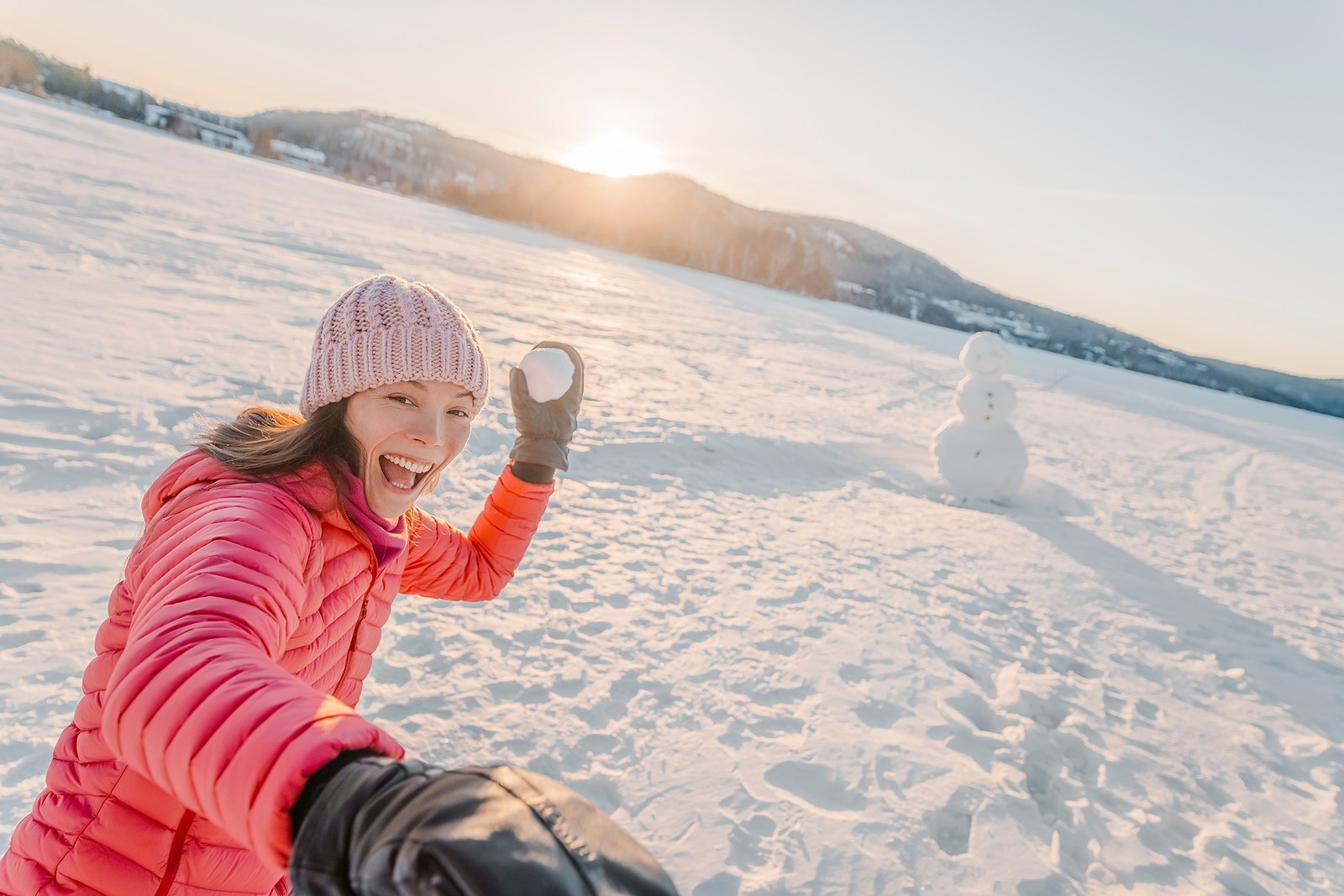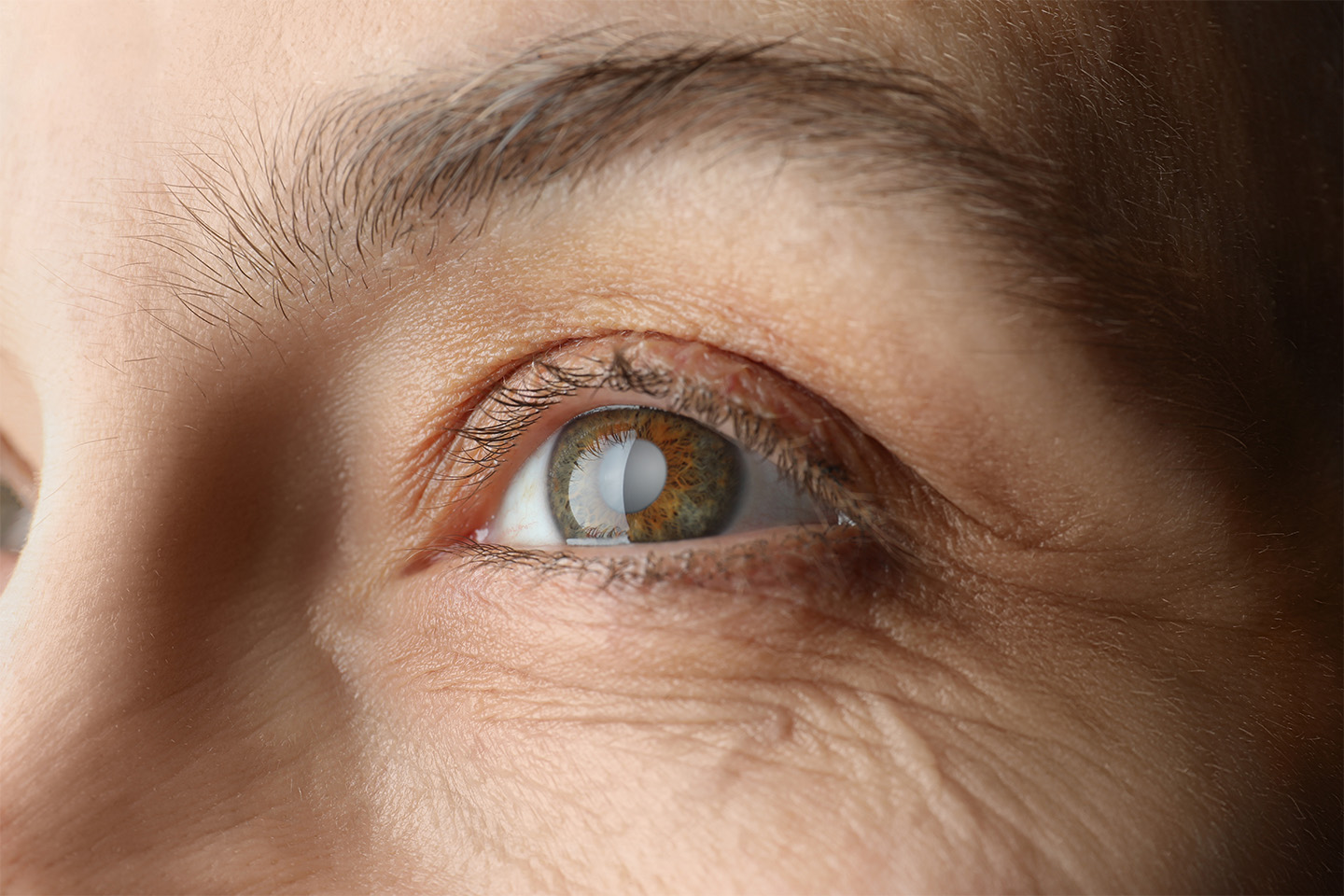How Winter Weather Affects Your Eyes

Wrapping up to stay warm, you need to keep your eyes uncovered for obvious reasons! So, what do you do when they suffer from the cold in winter? From dry eyes to excessive tearing, blurry vision and snow blindness, winter can be tough on your eyes, even when going from your office to your car at night. Here in Colorado, there are also specific concerns for high altitude living and recreation on the mountains.
Blurry Vision in Wintertime
You may notice that your vision is not as sharp during the winter, especially if you work indoors during the day. One reason is simple and not a problem: shorter days. When your day has more darkness your pupils dilate to help you see, getting wider and taking in more light, but softening your focus due to optical principles. If you’re seeing well at the mall or other indoor venues, you’ve solved it.
Dry Eyes from Lack of Humidity or Winter Winds
Here in Colorado, the humidity, or percentage of moisture can get down to the single digits. Comfortable humidity levels begin about 30 percent, so winter levels down to 5 or 10 percent can dry your eyes significantly, as well as your skin. The winds we experience, especially in the mountains, can further deplete the moisture in your eyes. Eye protection and eye drops are helpful, and if you find the condition is chronic, a visit to our eye doctors in the Front Range can help.
Excessive Tearing
Your eyes may tear up to compensate from drying up in winter, and from bright sunlight, allergies, or wind. Often, it’s enough to make your vision quite blurry, so be careful with activities and with driving. Outdoors, try wearing UV-protective glasses or goggles, and if you experience tearing indoors, allergy treatments may help.
Corneal Freeze
Just as your skin can get frostbite from cold, windy weather as you travel outdoors, your cornea and its inherent moisture can freeze from exposure to cold air. Though your vision might be quite blurry, if you can return indoors and possibly use eye drops to rehydrate, your corneas should recover well. If not, our eye doctors are here for you to check them out.
Photokeratitis or Snow Blindness
Though your retinas can be affected by outdoor sun in winter, snow blindness is usually a kind of “burn” of your corneas from excessive exposure to UV rays, common in the mountains where the air is thin, the sun is bright, and the snow provides a great reflector as well. Treatment involves removing contact lenses, looking away from bright light and reflections, and taking an OTC anti-inflammatory or using cold compresses to relieve the pain.
Protecting Your Eyes in Winter
UV-protective sunglasses and goggles to add wind protection are great for winter use, in the city or the mountains. OTC eye drops can help with rehydration, and we’re here for you if you’re concerned.
Is Winter a Good Time for Cataract and LASIK Surgery In the Denver Metro Area?
You may be thinking about LASIK surgery for the new year, or cataract surgery when you’re not as active during the winter. If you protect your eyes during recovery, it’s a great time to visit our eye doctors in the Front Range for vision correction surgery. Our great vision correction surgeons will take good care of you and help you start the new year with new vision. Call our eye doctors in the Denver metro area.
[DISPLAY_ULTIMATE_SOCIAL_ICONS]








